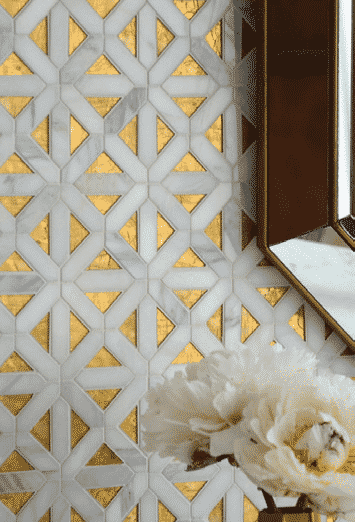The Right Stone For Your Surfaces
There are so many options available for surfaces that it can be difficult to determine what style is the best fit for you. There are classics that will last a lifetime, and there are trends that come and go. Generally, kitchen decor lasts less than 10 years, so when creating your dream kitchen you want to consider a look that will stand the test of time.
Kitchen experts say requests for natural stone continue to be popular. Homeowners prefer natural stone because it’s durable, fire-safe and strikingly beautiful. Stone often has a unique look based on where and how it was naturally formed.
Here are five types of stone widely used for residential purposes.
MARBLE is a metamorphic rock resulting from intense pressure on limestone or dolomite. It is generally considered to be white, but it can be found veined with beautiful earthy colors caused by minerals present during its formation. Best uses are for floors, walls, fireplaces and countertops.
GRANITE is an igneous rock, which means it is volcanic lava or magma which has cooled and hardened. It is known for its durability and characteristic speckles. Perfect for flooring, fireplaces and areas that receive moisture.
SLATE is a metamorphic rock which started out as volcanic ash or clay. It can be found in a variety of colors in addition to its usual shades of gray. Slate tiles are long-lasting, water resistant, and easy to care for as floors, counters and roofs.
LIMESTONE is a sedimentary rock composed largely of small mineral particles, particularly skeletal fragments of marine organisms. It is generally available in natural hues like white, offwhite, beige or gray. Most limestone cannot be polished so it retains a somewhat dull surface. It is not stain or etch resistant making it more suitable for floors, shower walls and fireplaces.
QUARTZ is a man-made engineered stone countertop formed by combining 90% ground quartz (a natural hard mineral) with 8-10% resins, polymers, and pigments. This forms a very hard granite-like surface that is extremely durable and nonporous.
Provided by Savannah Surfaces









